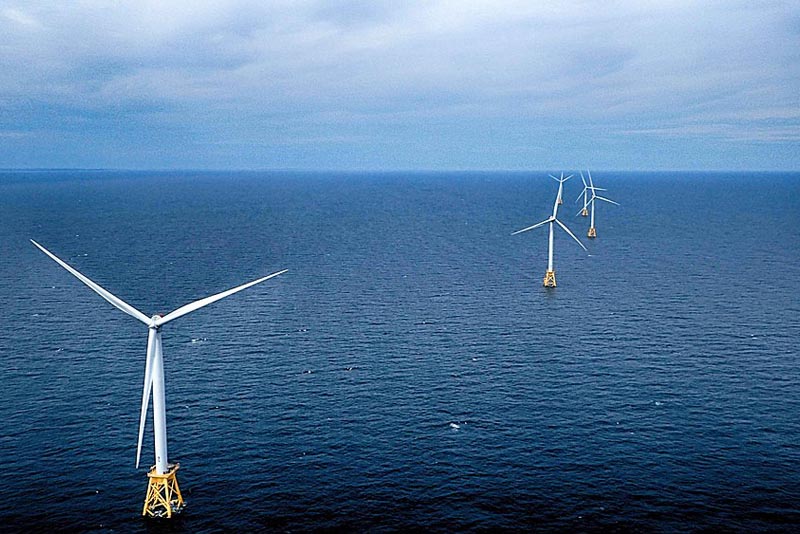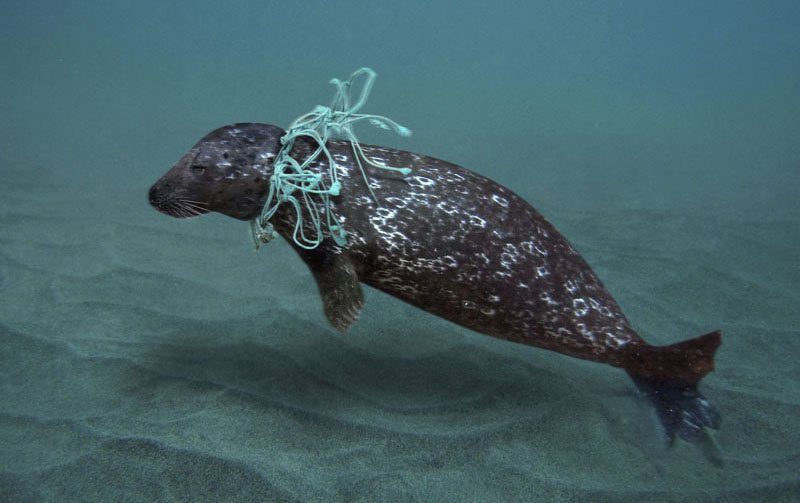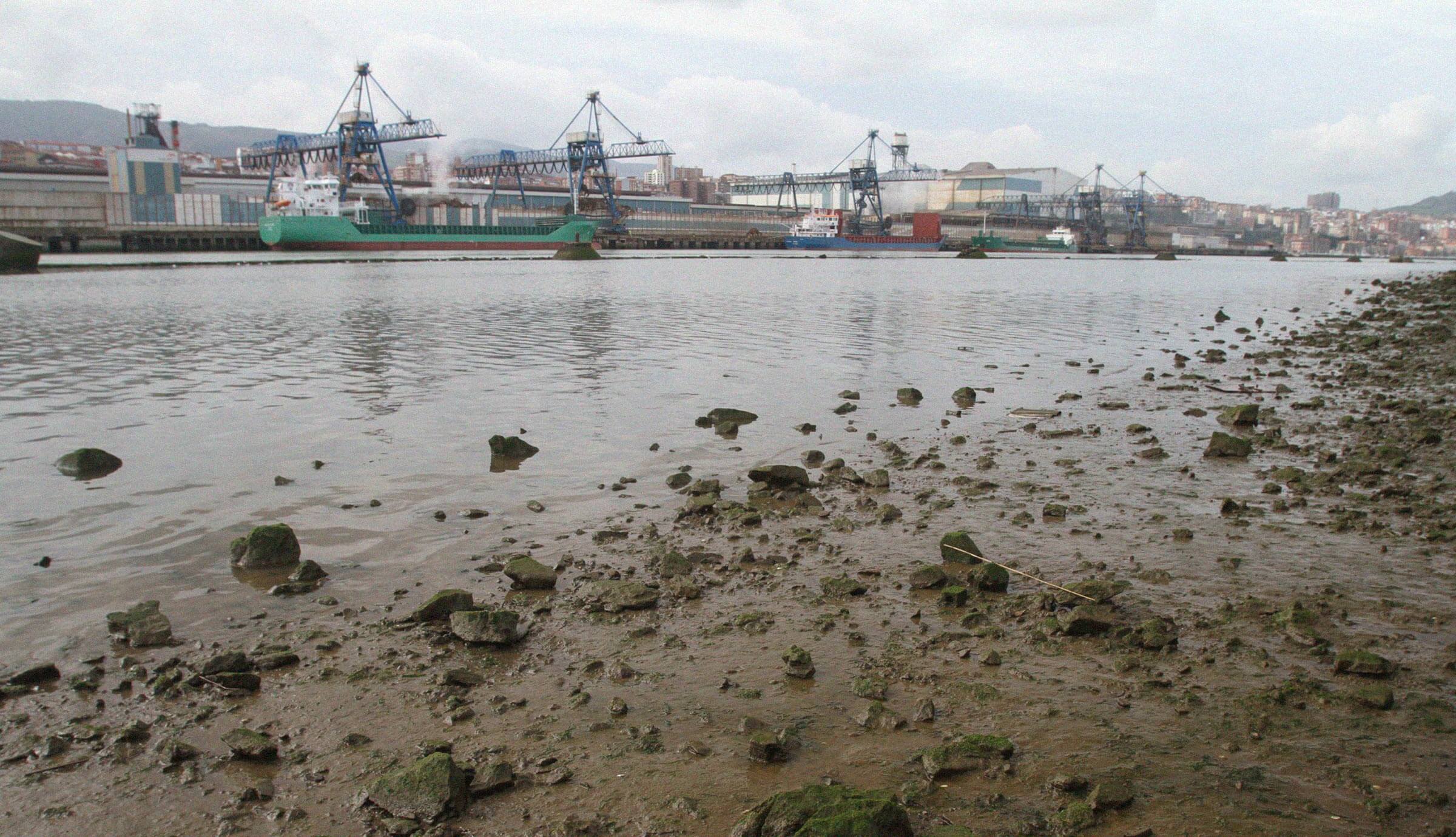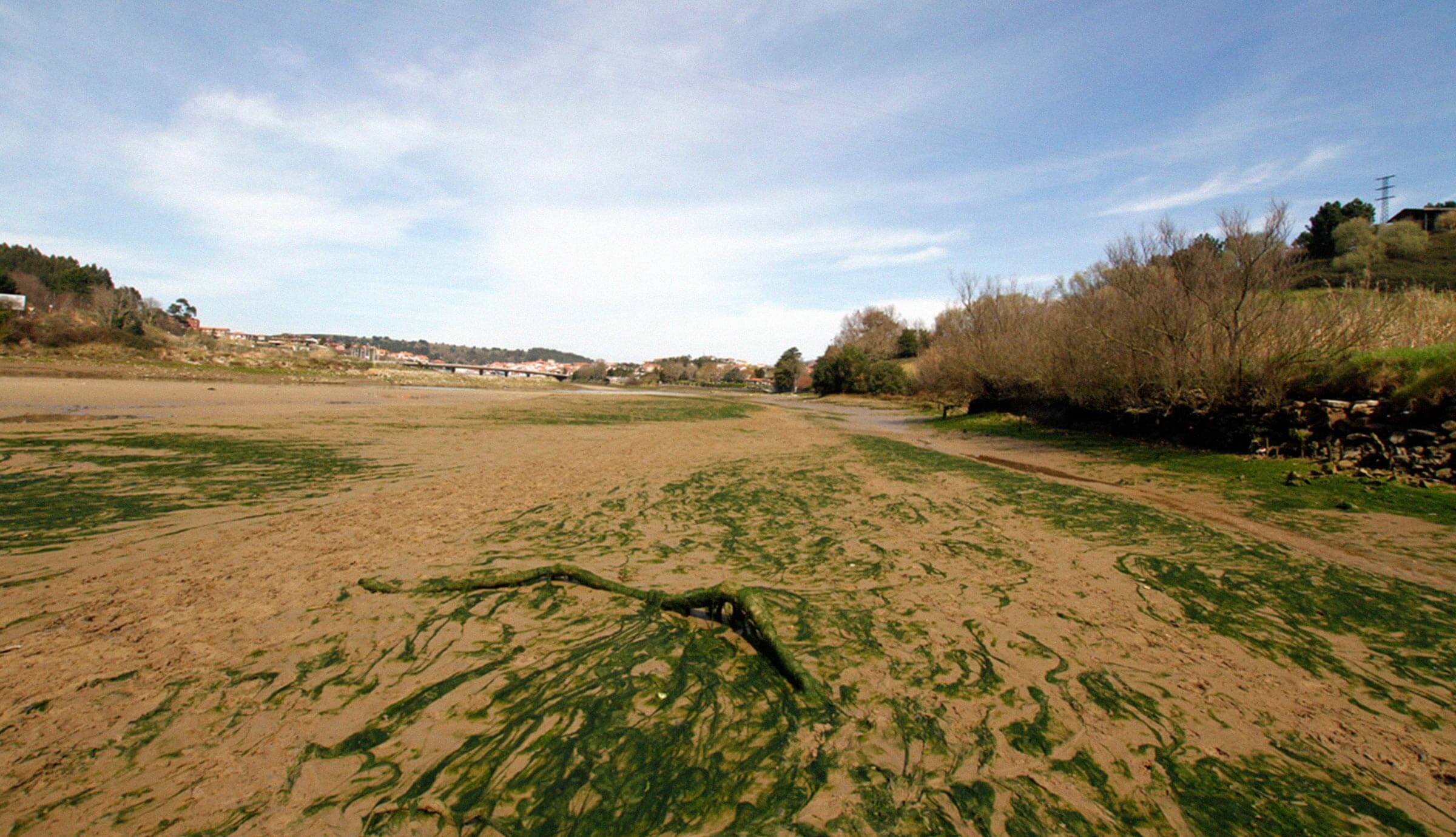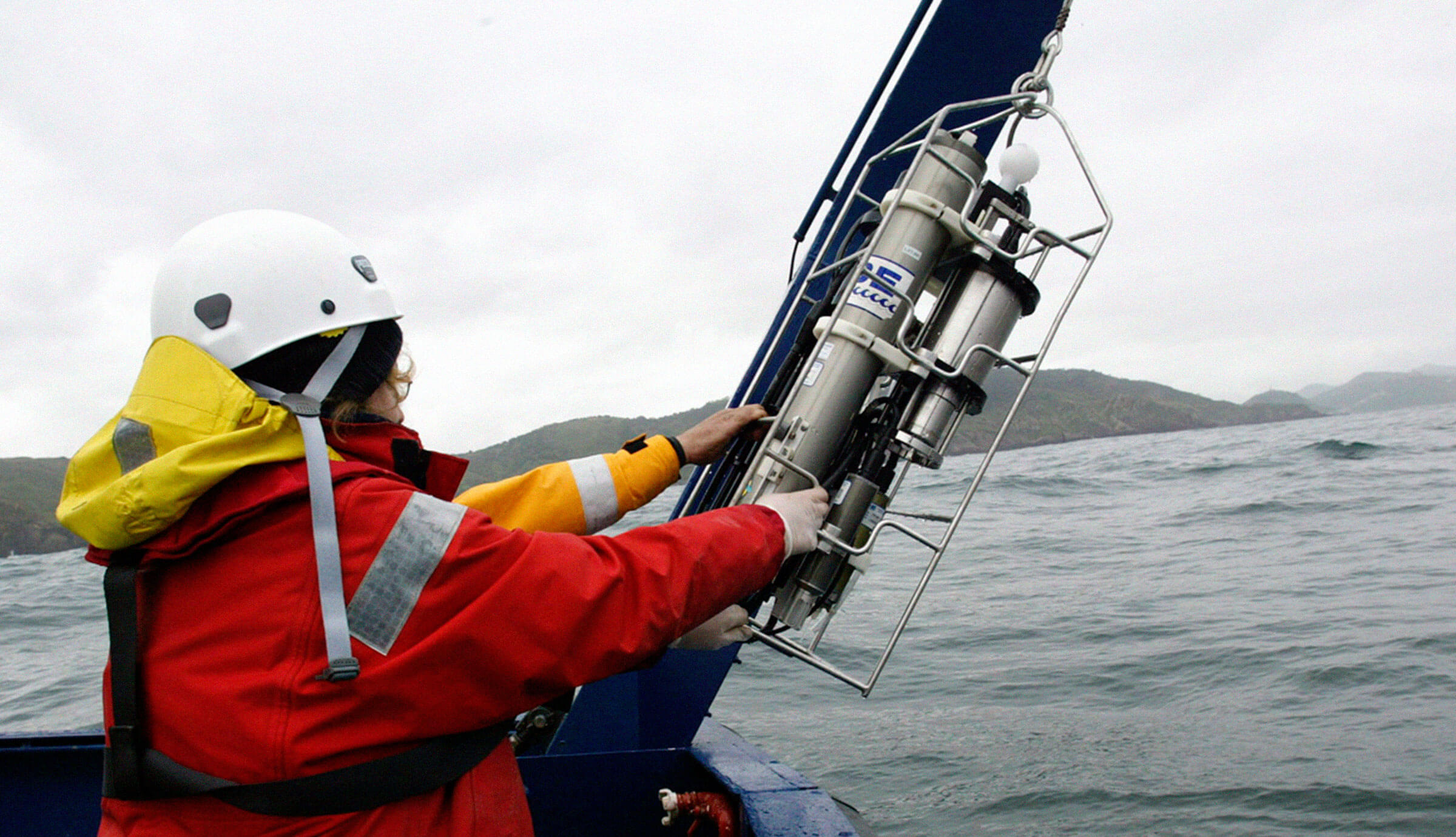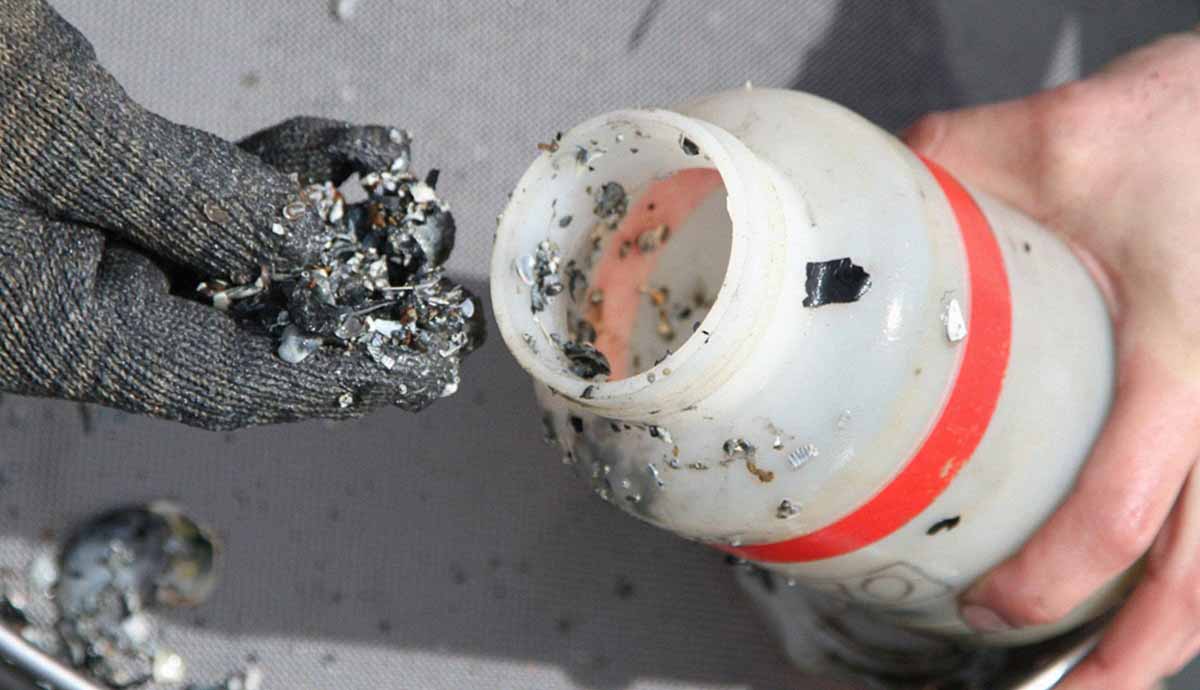Marine environment quality monitoring networks
To determine environmental recovery and ensure a sustainable use of marine resources
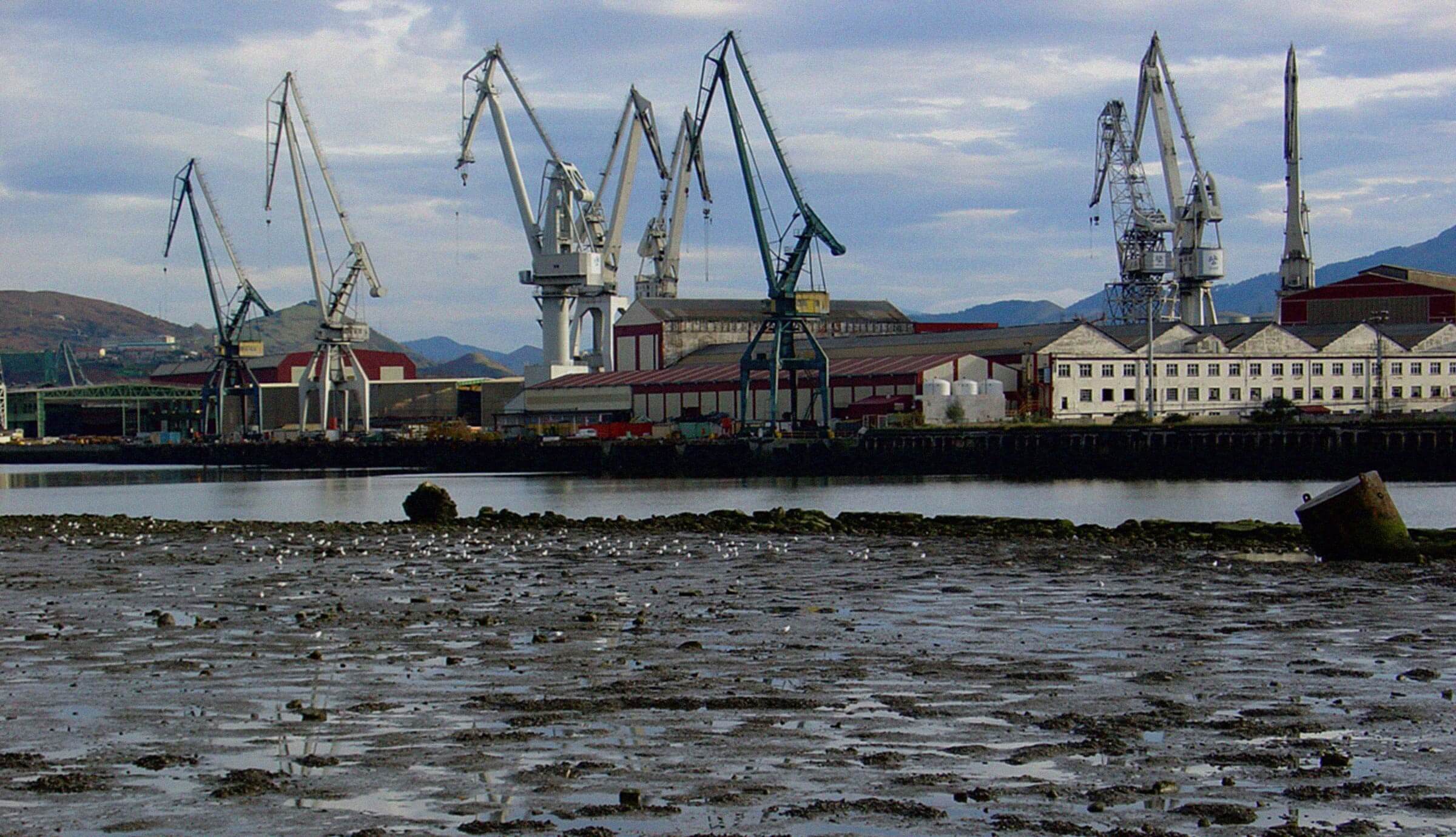
We work to implement and give response to the Water Framework Directive (WFD), the Marine Strategy Framework Directive (MSFD) as well as other directives (e.g. Habitats, Bathing Water, Aquaculture and Shellfish Waters, etc.).
We also address land-based discharge regulations,as well as international agreements (e.g. OSPAR Convention) Our efforts are also aimed at determining the environmental recovery of areas subject to management and restoration measures, including ecosystem services, as well as to achieve the knowledge needed to allow for sustainability in the use of marine resources. To do so:
- We collect samples from the marine environment, including water, sediments, biomonitors, plankton (phyto- and zooplankton), benthos (fauna and flora), fish, birds and marine mammals.
- We manage operational oceanography networks.
- We carry out physical, chemical and biological laboratory tests.
- We develop methods for the assessment of the ecological and environmental status of the marine environment.
- We perform statistical analysis of time series and use the information for the validation of oceanographic and ecological models.
- We study the information in a comprehensive and multi-disciplinary way, for an ecosystem-based management of the marine environment.
- We carry out networks for routine (e.g. to study long-term natural changes); operational (e.g. for certain human pressures, such as land-based discharge, dredging products, etc.); and research (e.g. for isolated events, such as oil spills, etc.) monitoring.
The marine environment quality surveillance networks allow management decision-making, whilst complying with prevailing legislation
Applicable sectors
- Public administrations and environmental agencies.
- Marine energy, mining, aquaculture, ports, chemical and oil companies.
Advantages
- We have the necessary know-how for management decision-making.
- We comply with prevailing legislation in different cases (WFD, MSFD, discharge permits, etc.).
- We determine whether the quality limits set out in the directives or permits are exceeded.
AZTI enjoys international recognition in the monitoring and assessment of the state of the marine environment. 35 years experience and a multi-disciplinary team are the basis of this recognition
Implementation
- Depending on the client requirements and the area under study: as long as the discharge permit is valid, as required by legislation, etc.
- Delivery formats and media: written report, publications, databases, GIS layers, etc.
Experience
- 35-years experience in marine environment monitoring.
- Multidisciplinary team (biologists, chemists, physicists, geologists, engineers, environmentalists, economists, etc.) which allows for a comprehensive study of all the information.
- The Basque Government has approved us as a Level II Environmental Control Body, which enables us to carry out the following environmental control activities (field and laboratory work): discharge permits for estuarine and marine waters, sediments and biota.
- International recognition in the monitoring and evaluation of the marine environment status.
Proven track record
- Monitoring network of the ecological status of the Basque coast (Basque Water Board), since 1994.
- Monitoring network of the status of the Nervion estuary (Bilbao-Bizkaia Water Board), since 1992.
- Environmental monitoring programs for the discharges of various treatment plants on the Basque coast (Bilbao-Bizkaia Water Board, Busturialdea Water Board, Aguas del Añarbe, Provincial Council of Gipuzkoa, Aguas del Añarbe, Txingudi Services), since 1997.
- Monitoring networks for several private companies.
- Over 150 international scientific publications related to the monitoring and management of the marine environment.
